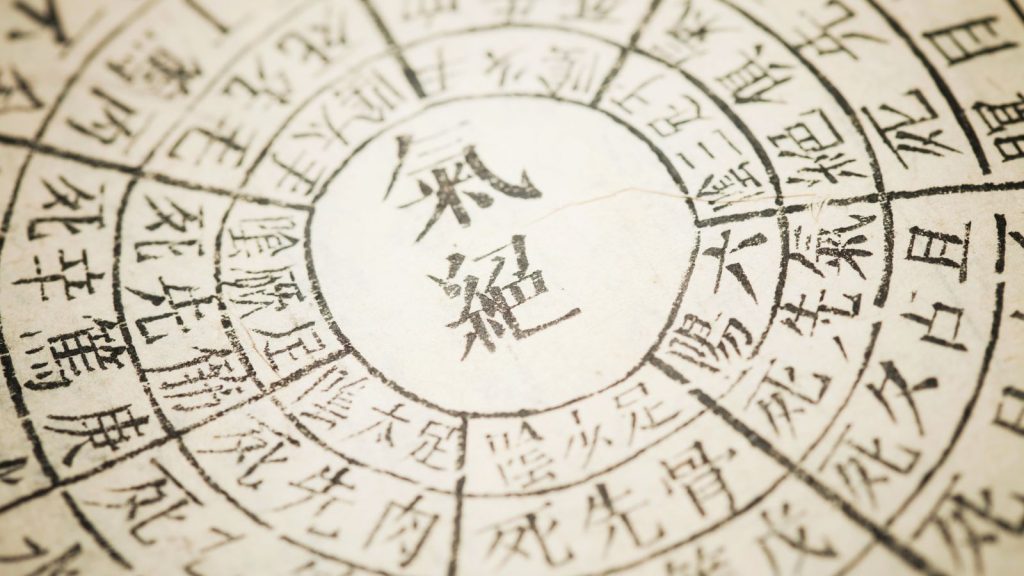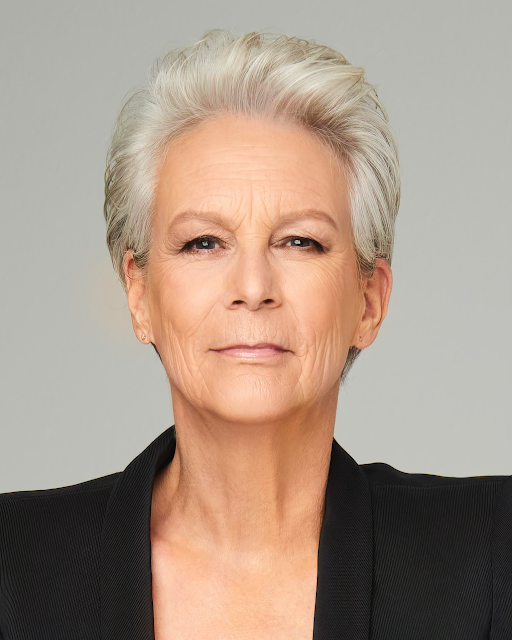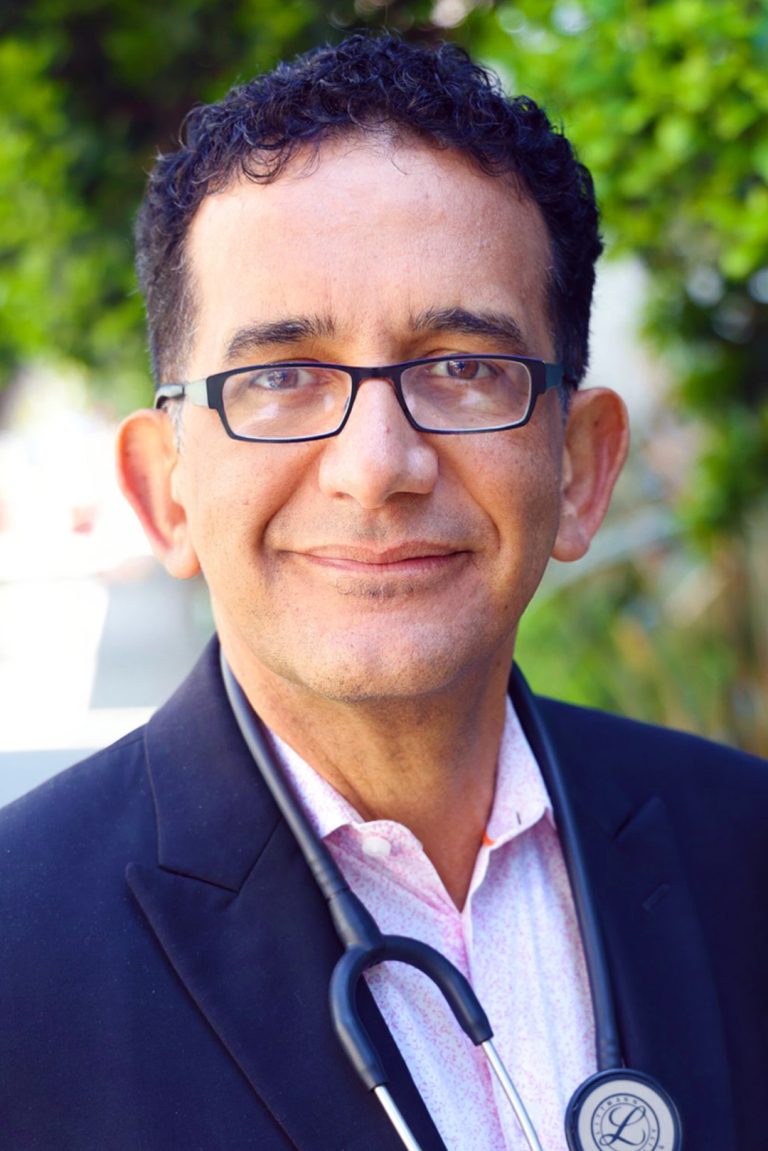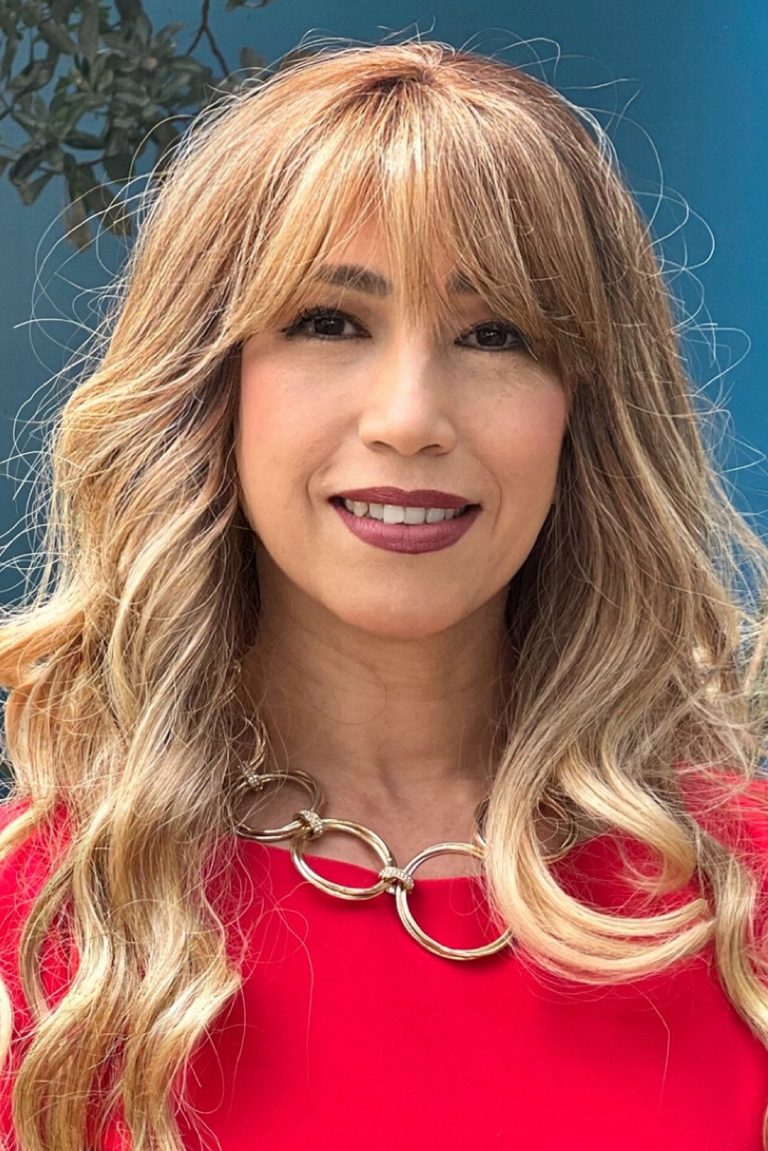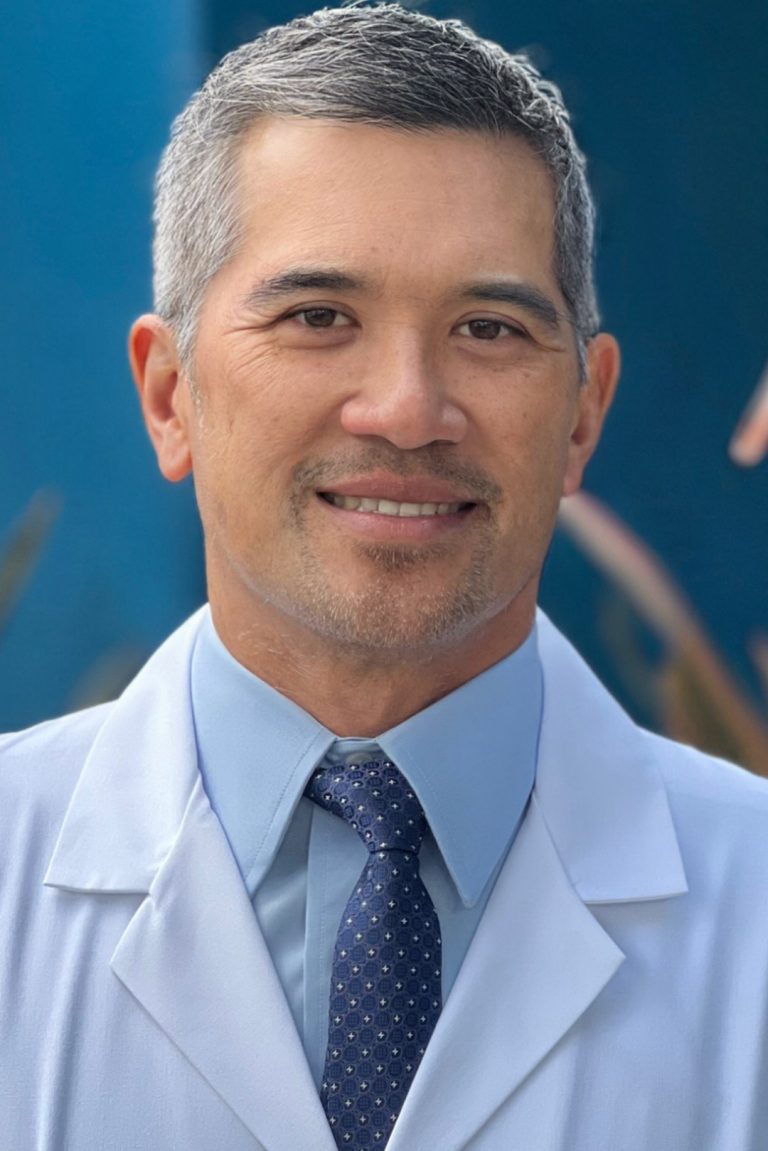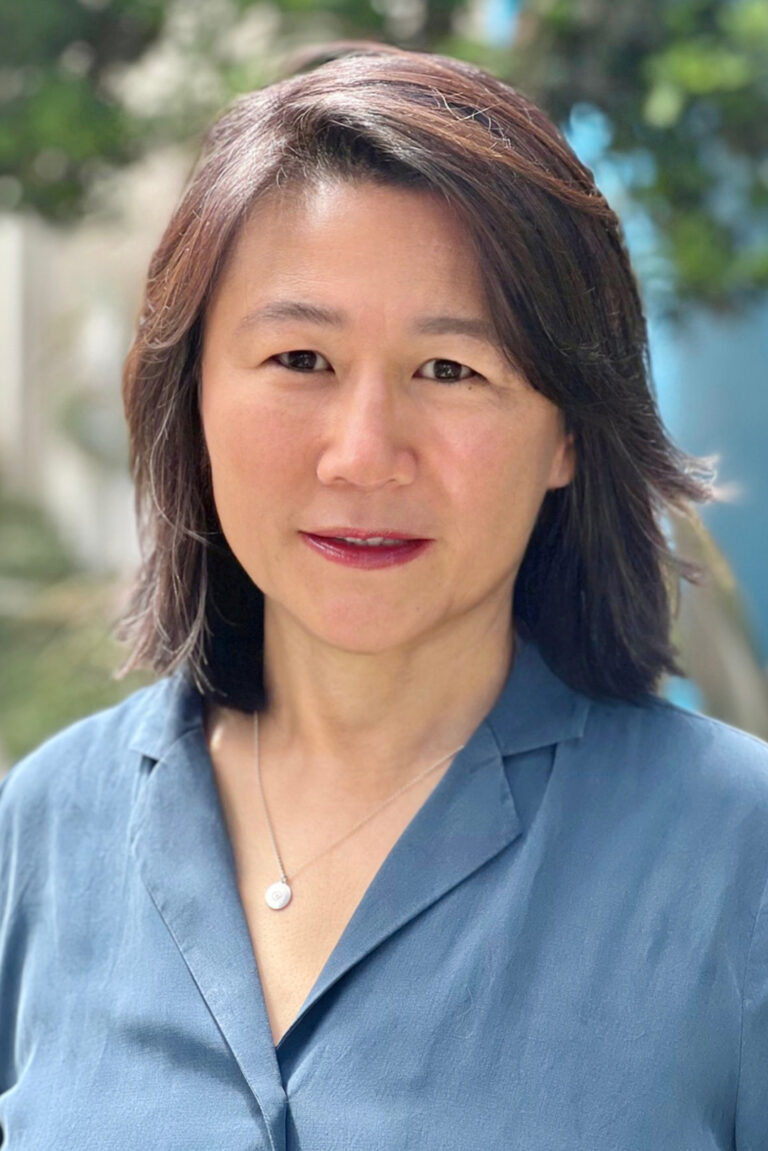In today’s fast-paced world, stress, sleep issues, and digestive problems are more common than ever. But long before modern medicine, ancient practices in Traditional Chinese Medicine (TCM) addressed these same concerns, focusing on restoring balance within the body to achieve optimal health. Rooted in thousands of years of practice, TCM provides simple yet effective approaches for managing many of the issues we face today. It reminds us of the importance of balance and integrative care—a legacy our ancestors deeply understood.
Understanding Qi and Balance in Everyday Health
If something in the body is too hot, the practitioner seeks to cool it down; too cold, the aim is to warm it up. If something is too damp, it must be dried; too dry, it must be moistened. If something exists in excess, it must be reduced; exists in deficiency, it needs to be supplemented. If qi or blood is not flowing well, the practitioner will help improve their circulation. If qi is traveling in the wrong direction, the direction of flow is corrected.
In TCM, our health is maintained by a vital life force called qi (pronounced “chee”), which flows through energy pathways in the body. When qi flows freely and in balance, we feel well physically and emotionally. However, modern challenges—stress, poor diet, sedentary lifestyles—can disrupt qi flow, leading to fatigue, anxiety, poor digestion, or chronic aches. TCM sees these not as isolated symptoms but as signs that the body’s internal balance needs attention. The two primary methods of restoring balance in TCM are acupuncture and Chinese herbal medicine, which work together to support the natural flow of qi.
What makes TCM timeless is its personalized approach. Practitioners look at the whole person, not just the symptom, to tailor treatments uniquely suited to each individual. They consider diet, lifestyle, and emotional well-being as integral parts of health.
Integrating some of these TCM principles into our lives offers a refreshing, balanced approach to wellness. By understanding qi, flow, and balance, we can honor a health legacy from our ancestors that prioritizes holistic care, self-awareness, and a deeper connection to our bodies.
Whether you’re experiencing pain, stress, or simply yearn for a healthier, more balanced life, acupuncture and Traditional Chinese Medicine (TCM) are your trusted companions on this journey. They bring the wisdom of ancient traditions to help you restore harmony, vitality, and lasting health through personalized treatments.
Acupuncture and Chinese Herbal Medicine, form a powerful synergistic healing combination, offering solutions that address the root causes of your health issues rather than just their symptoms. This individualized approach to health and well-being is what sets TCM apart.
Common Health Issues and TCM Solutions
1. Stress and Anxiety:
Constant stress is like a slow drip eroding our sense of peace, often leaving us anxious, fatigued, and mentally drained. In TCM, stress is often linked to liver qi stagnation, where energy becomes “stuck” and doesn’t flow smoothly. Acupuncture helps release this stagnation, allowing qi to move freely and reducing stress naturally. By placing fine needles at specific points, practitioners help the body release endorphins, lower cortisol levels, and promote relaxation.
Herbal formulas like Xiao Yao San (Free and Easy Wanderer) are often used to help release tension and promote emotional well-being. These formulas contain herbs that not only relieve stress but also replenish qi and blood to bring overall balance.
2. Digestive Issues and Bloating:
Digestive problems, like bloating, gas, or sluggish metabolism, are often caused by what TCM calls a “spleen qi deficiency,” meaning the body struggles to transform food into energy efficiently. TCM practitioners might recommend acupuncture to strengthen the spleen, harmonizing the digestive system and reducing discomfort. Herbal blends, such as Bao He Wan, can further support digestion by reducing bloating, gas, and indigestion.
The philosophy in TCM is simple: if something exists in excess, it must be reduced; if there is a deficiency, it should be replenished. This balance ensures the body is better able to digest and absorb nutrients.
3. Sleep Issues and Insomnia:
Quality sleep is essential for the body to repair and recharge. However, many people struggle with falling asleep or staying asleep. In TCM, sleep problems are often linked to a deficiency in yin energy (the body’s cooling, restorative force) or a disturbance in heart qi. Acupuncture and herbs like Suan Zao Ren Tang (Sour Jujube Decoction) are often used to support relaxation and calm the mind. Suan Zao Ren Tang is known to nourish the heart and liver, encouraging a restful state for deeper, undisturbed sleep.
4. Chronic Pain and Inflammation:
For chronic aches and pains, TCM views pain as a sign of blocked qi or blood stagnation, often stemming from overuse, injury, or chronic stress. Acupuncture stimulates blood flow and releases endorphins, acting as a natural pain reliever. Herbal formulas can also reduce inflammation and improve circulation.
By restoring qi flow, TCM can help ease the discomfort that arises from various forms of pain, whether it’s back pain, joint pain, or muscle soreness.
Restoring Balance: Traditional Chinese Medicine at the Akasha Center
At the Akasha Center, Traditional Chinese Medicine (TCM) is seamlessly integrated alongside modern medical advancements, offering patients a holistic approach that bridges ancient and contemporary health practices. The Traditional Chinese Medicine Department is a cornerstone of the Center’s offerings, providing expert care that can be either a primary healing modality or a supportive therapy to complement Western medical treatments. This integrative model allows Akasha’s patients to explore both natural and conventional therapies, ensuring a comprehensive approach to healing and wellness.

Leading the TCM Department is Dr. Yi Qiao, a highly respected practitioner with over three decades of experience in acupuncture and Traditional Chinese Medicine. Dr. Qiao graduated from the prestigious Beijing University of Traditional Chinese Medicine and has held a California Acupuncture License since 1988. A prolific author and educator, she has published two influential books on TCM, sharing her insights and passion for holistic health.
Dr. Qiao’s areas of expertise include immune support, hormone balancing, cardiovascular health, pain management, stress relief, women’s health, and fertility. Her compassionate approach and deep understanding of TCM allow her to address complex conditions in a way that honors each individual’s unique needs. At the Akasha Center, Dr. Qiao’s patients benefit from both her skill and her visionary commitment to wellness, empowering them to embrace a balanced, integrative path to health that honors ancient wisdom alongside modern medical advancements.
Phone: (310) 451-8880 to Reach our Santa Monica office and Schedule an educational consult to understand if TCM is for you.

